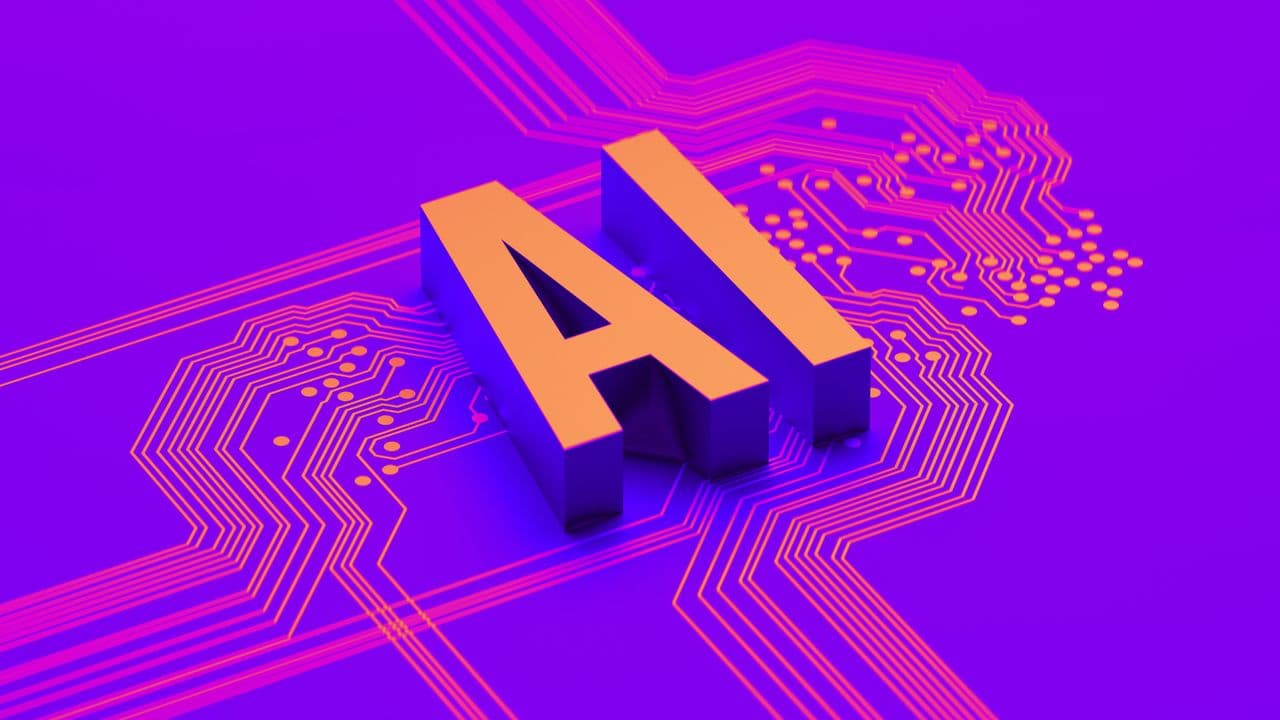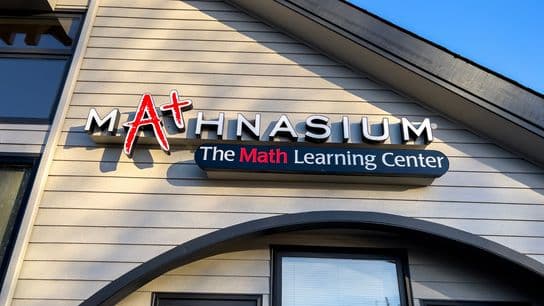The Role of Artificial Intelligence in M&A Due Diligence
The capacity for AI to analyze complex documents and act as a ‘robo-advisor’ that offers dynamic and insightful exploration of data will provide organizations with efficiency far beyond traditional methods.
The integration of Artificial Intelligence (AI) in mergers and acquisitions (M&A) due diligence is rapidly transforming how companies approach these critical processes. AI's role in enhancing the efficiency, accuracy and depth of due diligence cannot be overstated.
Glenn Hopper, chief financial officer of Eventus Advisory Group and author of "Deep Finance: Corporate Finance in the Information Age," offers valuable insights into how AI technologies, including generative AI and data analytics tools, are being harnessed in the M&A landscape.
The Integration of AI in M&A Due Diligence
To start, Hopper underscores the revolutionary impact of AI in the M&A due diligence process, particularly in handling vast amounts of data with unprecedented efficiency.
"Perhaps the biggest area and most accessible process is the ability to load in an asset purchase agreement, for example, or historical financials, and interacting through ChatGPT’s data analytics tool,” Hopper told 1851 Franchise. “Say you have a 150-page purchase agreement, which is a pretty standard size. You can’t memorize all of that. So, if you want to ask all the typical questions during an acquisition, you’ll have to go back and search through the document. Now, you can use generative AI and interact with the document as if you are talking with someone who has it fully memorized.”
Hopper also anticipates that these tools will democratize data access, particularly benefiting small and medium-sized businesses engaged in M&A activities.
“As the models get better, there will be more democratization of data, which is good,” said Hopper. “There are a lot of smaller companies, under $20 million in revenue, that are doing M&A activity but may not have the resources and tools available to larger organizations. AI can make specific and higher-level data more available to more people.”
Enhancing Accuracy and Efficiency
AI significantly enhances both the accuracy and efficiency of due diligence assessments. As Hopper explains, AI's ability to perform deep data analysis allows for more nuanced comparisons and assessments.
“If you are going to acquire a company, you’ll have at least three years of financial statements to go through,” said Hopper. “You’ll look at topline growth, EBITDA and other key financial ratios. With the ChatGPT data-analysis, you can ask the same types of questions for benchmarking. Is this a standard way to treat network capital in an acquisition? Is it a standard in the advertising industry for SG&A to make up 80% of the budget? It is more than just online research. It is like having a robo-advisor that can give you additional insights into a specific acquisition.”
When it comes to efficiency, Hopper notes that generative AI can operate much like Excel, but quicker. “You can also ask more probing questions — run a correlation matrix, create a forecast based on historical information, outline linear regression to project future revenues, do an autoregressive interactive moving average,” he said. “All the things you can ask a business advisor, you can ask ChatGPT.”
Addressing Challenges
Despite its benefits, adopting AI for due diligence is not without challenges. Hopper identifies "hallucinations" and “bias” as two main issues. Hallucinations refer to AI's tendency to generate outputs based on internet patterns rather than understanding, which can lead to inaccuracies. Bias in AI outputs can also distort due diligence findings. However, Hopper suggests that understanding AI's limitations and incorporating checks can mitigate these challenges.
"Don’t just take what the model is giving you, as it may not be accurate," Hopper said. “There are ways around these issues, but you need to understand how these models work.”
Hopper also cautions organizations against carelessly uploading all of their sensitive financial information into these AI tools, as many of them use prompts as ongoing learning tools. This means the information that is uploaded could potentially be leaked.
“You need to ensure you are using these tools in a closed environment, where the information is not being used to train the model,” said Hopper.
The Future of AI in M&A Due Diligence
Looking ahead, Hopper sees a continued, albeit cautious, role for AI in M&A due diligence. He emphasizes that, while AI tools serve as excellent advisors and can expedite processes, human oversight remains indispensable.
“A human is still required — we don’t want to just hand over decision making to these tools,” said Hopper. “Generative AI can not replace domain expertise. If you don’t have someone there to help use these tools, you aren’t going to ask the right questions or have the reference to understand the answers. These are assistants.”
Overall, as AI continues to evolve, its integration into M&A due diligence promises to make these complex assessments more accessible, insightful and effective, provided that the challenges of adoption are carefully managed and human expertise remains at the core of decision-making.
Check out some similar articles, here:









